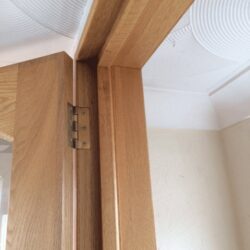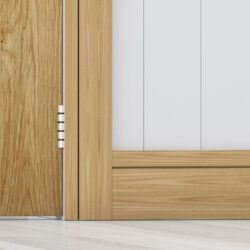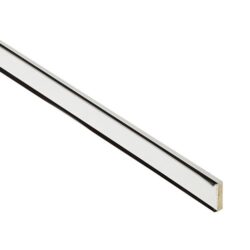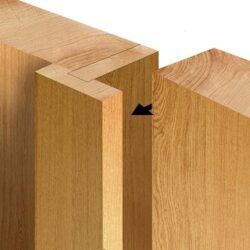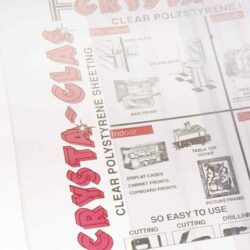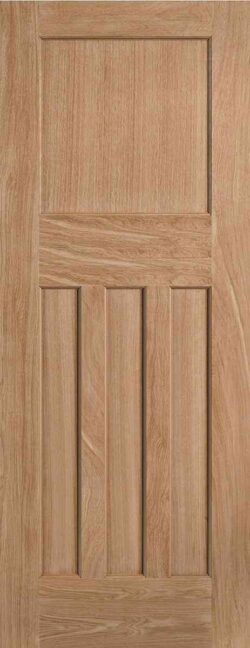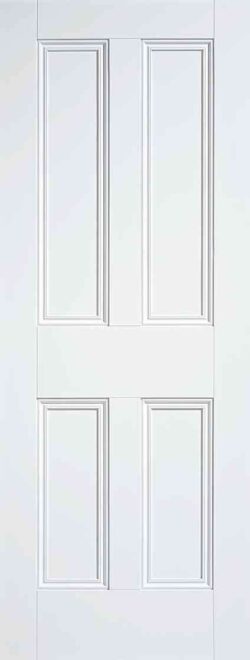Door Furniture & Accessories
Doors Delivered is proud to offer the best door furniture and accessories in the market. Our products are made of high-quality materials and are available at reasonable rates. We have a wide range of products that will suit your needs, and our team of experts is always available to help you choose the right product for your home or office. Contact us today to learn more about our products and services!
-
Architrave (13)
-
Door Frames (16)
-
Door Handles & Knobs (160)
-
Door Hinges (4)
-
Door Lining (7)
-
Door Skirting (13)
-
Glass Packs (1)
-
Intumescent Seals (2)
-
Pair Makers (4)
-
Plastic Sheeting (1)
-
Pocket Door Systems (9)
Give Your Home A Refined Finish With New Door Furniture And Accessories!
Door furniture and accessories are a great way to add a touch of style and refinement to your home. We offer an extensive range of high-quality door furniture and accessories at ID UK, perfect for giving your home that finishing touch.
Our door furniture and accessories range includes door handles and knockers to letter plates and door numbers. Whether you’re looking for a traditional or contemporary style, we’re sure to have the perfect door furniture and accessories to suit your taste.
For more information on our door furniture and accessories range, please don’t hesitate to contact our team today.
Different Accessories Offered By Us
We offer an array of door furniture accessories that can complement any style of décor, whether it’s traditional or contemporary.
Some of the accessories we offer include:
- Door Linings
- Door Intumescent Seals
- Door Architrave
- Door Hinges
- Door Glass Packs
- Door Skirting
Door Linings
Door linings are a great way to add an extra layer of protection to your door and improve its overall appearance.
Door Intumescent Seals
Door intumescent seals are an essential piece of door furniture, as they help to prevent fire from spreading through doorways.
Door Architrave
Door architraves are a great way to add a touch of style to your doorways. We offer a wide selection of door architraves made from premium materials such as oak, mahogany, and pine.
Door Hinges
Door hinges are an essential piece of door furniture, and at ID UK we offer a wide range of high-quality door hinges. Whether you’re looking for a traditional or contemporary style, we’re sure to have the perfect door hinges to suit your taste.
Door Glass Packs
Door glass packs are a great way to add privacy to your home and boost its appearance.
Door Skirting
Door skirting is a great way to add a touch of style to your doorways. You can rely on us for high-quality door skirting made from oak, mahogany, and pine.
Trust Doors Delivered For Best Door Accessories!
Are you looking for reliable door furniture accessories? Doors Delivered is the obvious choice! We are a leading supplier of high-end door furniture and accessories, offering an extensive range of products to suit all budgets and requirements.
Our door furniture accessories include everything you need to complete your door installation, from door handles and locks to hinges and letter plates. We only stock the highest quality products from the leading brands so that you can be sure of a long-lasting and stylish finish.
Order your door furniture accessories online or contact our team for more information. We are always happy to help
Frequently Asked Questions:
Do Door Accessories Come With Instruction Manual?
Our team will be more than happy to walk you through the installation process step-by-step. However, most door furniture accessories are straightforward to install and come with comprehensive instructions.
Can I Return Door Furniture Accessories If I’m Not Happy With Them?
Yes, we offer a money-back guarantee on all products so that you can buy with confidence.
Do You Offer Any Discounts On Door Furniture Accessories?
Yes, we offer regular discounts and promotions on our products, so check back often! You can also sign up to our newsletter to receive the latest deals and offers straight to your inbox.




